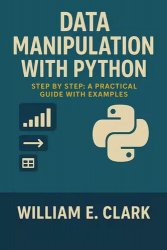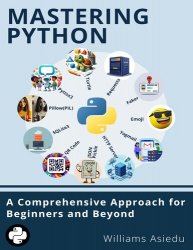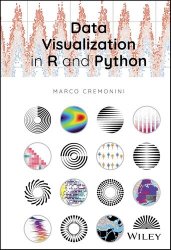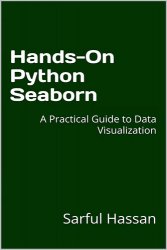- Добавил: literator
- Дата: 20-04-2025, 18:56
- Комментариев: 0
 Название: Data Manipulation with Python Step by Step: A Practical Guide with Examples
Название: Data Manipulation with Python Step by Step: A Practical Guide with ExamplesАвтор: William E. Clark
Издательство: Nobtrex L.L.C.
Год: 2025
Страниц: 281
Язык: английский
Формат: epub (true)
Размер: 10.1 MB
Data Manipulation with Python Step by Step: A Practical Guide with Examples offers a clear and systematic approach to mastering data handling tasks in Python. The book begins with essential programming fundamentals, ensuring that readers, regardless of background, acquire a thorough grounding in variables, data types, control flow, and function definition. This foundation is progressively expanded to encompass the use of built-in data structures and the effective management of input and output across various file formats. As the book advances, it introduces the Pandas library, providing detailed guidance on leveraging DataFrames and Series for efficient data organization, transformation, and analysis. Readers learn practical solutions for common challenges such as importing data, cleaning and standardizing datasets, handling missing or inconsistent values, and working with date and time information. Each concept is presented with clear explanations and relevant examples that facilitate immediate application to real-world data scenarios.









